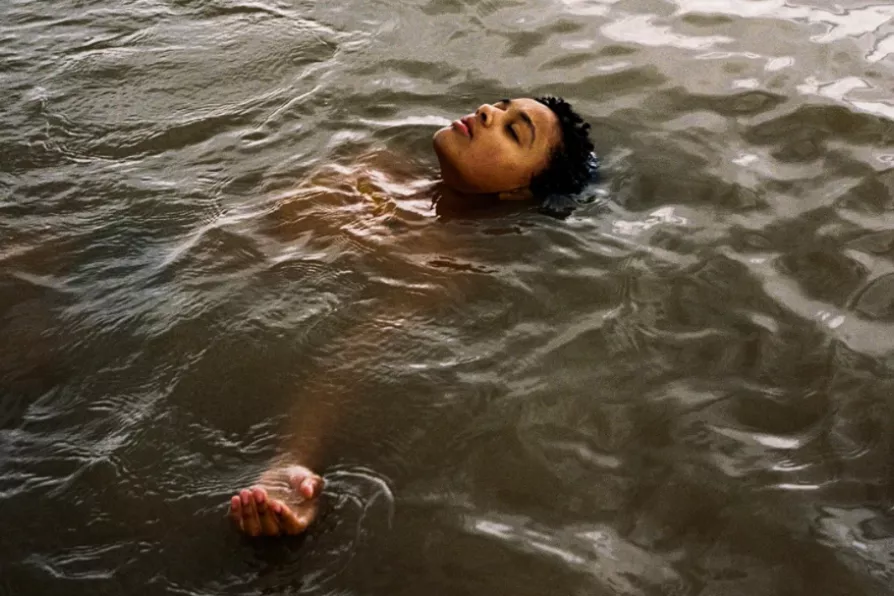GEOFF BOTTOMS applauds a version set amid the violent conflicts of the 19th century west African Oyo empire before the intervention of British colonialism

 NO SHAME, NO JUDGEMENT: Nykiya Adams as the 12-year-old Bailey in Andrea Arnold's new film Bird
[Atsushi Nishijima/IMDb]
NO SHAME, NO JUDGEMENT: Nykiya Adams as the 12-year-old Bailey in Andrea Arnold's new film Bird
[Atsushi Nishijima/IMDb]
THE jury stunned, but did not displease the festival audience here on Saturday night, with the awards for the 77th Cannes Film Festival. It’s not that the winners were unpopular, but that they were unexpected.
Everyone predicted the Palme D’Or would go to Mohammad Rasoulof’s The Seed Of The Sacred Fig, the story of an investigating judge in Tehran who grapples with paranoia as nationwide political protests intensify and his gun mysteriously disappears, but instead the film won only the Special Award.
Everyone expected legendary US actress Demi Moore to pick up Best Actress for her searing performance in The Substance, the story of an ageing Hollywood actress-turned-aerobics-workout-host who gets fired from a TV network for being deemed too old. In a rage of desperation, she calls a tip she’s been handed anonymously and gets hooked up with a sinister sci-fi body-enhancement programme known as The Substance.

RITA DI SANTO reports on the films from Iran, Spain, Belgium and Brazil that won the top awards

RITA DI SANTO surveys the smorgasbord of films on offer at this year’s festival












